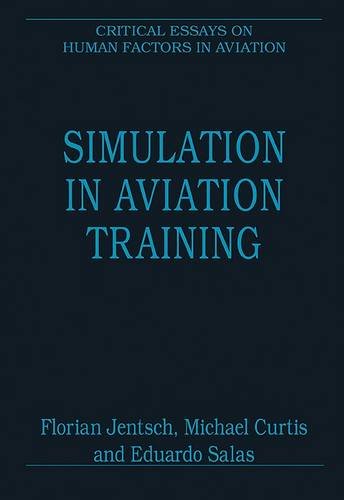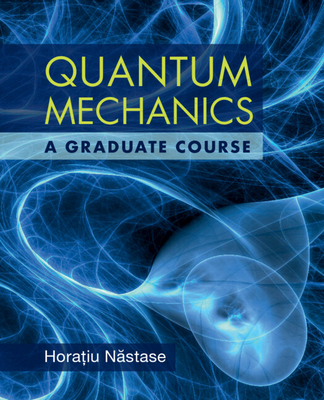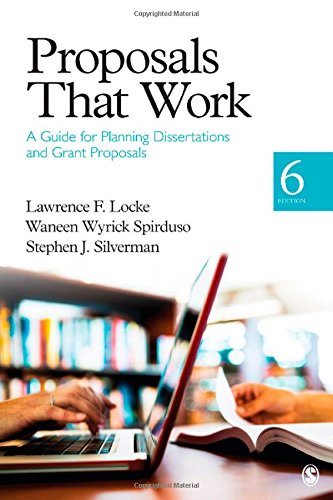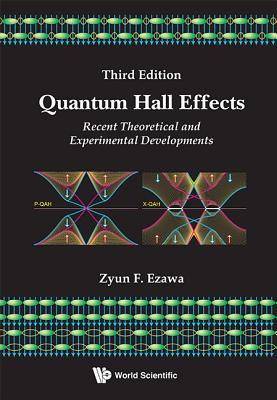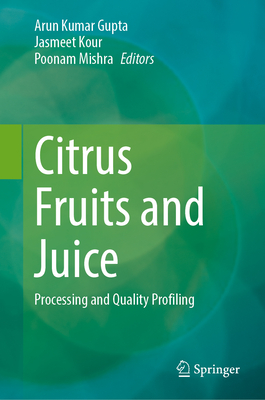图书简介
Simulations have been a fixture of aviation training for many years. Advances in simulator technology now enable modern flight simulation to mimic very closely the look and feel of real world flight operations. In spite of this, responsible researchers, trainers, and simulation developers need to look beyond mere simulator fidelity to produce meaningful training outcomes. Optimal simulation training development can unquestionably benefit from knowledge and understanding of past, present, and future research in this topic area. As a result, this volume of key writings is invaluable as a reference, to help guide exploration of critical research in the field. By providing a mix of classic articles that stand the test of time, and recent writings that illuminate current issues, this volume informs a broad range of topics relevant to simulation training in aviation.
Contents: Introduction; Part I Using Simulation for Training: Aircraft simulation and pilot training, Paul W. Caro; Adopting the instructional science paradigm to encompass in virtual environments, D. Dorsey, G. Campbell and S. Russell; It’s not how much you have but how you use it: toward a rational use of simulation to support aviation training, Eduardo Salas, Clint A. Bowers and Lori Rhodenizer; Rapidly reconfigurable event-set based line operational evaluation scenarios, Clint Bowers, Florian Jentsch, David Baker, Carolyn Prince and Eduardo Salas; Simulation design for training and assessment, Stephen Alessi. Part II Simulation Fidelity: Quality criteria for simulator images: a literature review, Pieter Padmos and Maarten V. Milders; Transfer of skill from a computer game trainer to flight, Daniel Gopher, Maya Weil and Tal Bareket; Evidence for the validity of PC-based simulations in studying aircrew coordination, Florian Jentsch and Clint A. Bowers; Fidelity and validity of simulator training, N. Dahlstrom, S. Dekker, R. van Winsen and J. Nyce. Part III Physiological Responses and Simulation Sickness: A literature survey for virtual environments: military flight simulator visual systems and simulator sickness, Randy Pausch, Thomas Crea and Matthew Conway; Simulator sickness is polygenic and polysymptomatic: implications for research, Robert S. Kennedy and Jennifer E. Fowlkes; Simulator platform motion: the need revisited, Judith Bürki-Cohen, Nancy N. Soja and Thomas Longridge. Part IV Simulation as Training and Method: Training high-performance skills: fallacies and guidelines, Walter Schneider; Part-task training for tracking and manual control, Dennis C. Wightman and Gavan Lintern; Transfer of landing skills in beginning flight training, Gavan Lintern, Stanley N. Roscoe, Jefferson M. Koonce and Leon D. Segal; Individual and team decision making under stress: theoretical underpinnings, Janice A. Cannon-Bowers and Eduardo Salas; Evaluating the effectiveness of flight simulators for training combat skills: a review, Herbert H. Bell and Wayne L. Waag. Part V Training Evaluation Using Simulation: Training effectiveness evaluation, R.T. Hays and M.J. Singer; The reliability of instructor evaluations of crew performance: good news and not so good news, Michael T. Brannick, Carolyn Prince and Eduardo Salas; Continuous concurrent feedback degrades skill learning: implications for training and simulation, Richard A. Schmidt and Gabriele Wulf; Performance measurement in simulation-based training: a review and best practice, Eduardo Salas, Michael A. Rosen, Janet D. Held and Johnny J. Weissmuller. Part VI Simulation Beyond Aviation: The use of simulation for training teamwork skills in health care: how low can you go?, J.M. Beaubien and D.P. Baker; The complexity of team training: what we have learned from aviation and its application to medicine, W.R. Hamman; Constructs of simulation evaluation, Andrew Hale Feinstein and Hugh M. Cannon; Games, motivation and learning: a research and practice model, Rosemary Garris, Robert Ahlers and James E. Driskell; Name index.
Trade Policy 买家须知
- 关于产品:
- ● 正版保障:本网站隶属于中国国际图书贸易集团公司,确保所有图书都是100%正版。
- ● 环保纸张:进口图书大多使用的都是环保轻型张,颜色偏黄,重量比较轻。
- ● 毛边版:即书翻页的地方,故意做成了参差不齐的样子,一般为精装版,更具收藏价值。
关于退换货:- 由于预订产品的特殊性,采购订单正式发订后,买方不得无故取消全部或部分产品的订购。
- 由于进口图书的特殊性,发生以下情况的,请直接拒收货物,由快递返回:
- ● 外包装破损/发错货/少发货/图书外观破损/图书配件不全(例如:光盘等)
并请在工作日通过电话400-008-1110联系我们。
- 签收后,如发生以下情况,请在签收后的5个工作日内联系客服办理退换货:
- ● 缺页/错页/错印/脱线
关于发货时间:- 一般情况下:
- ●【现货】 下单后48小时内由北京(库房)发出快递。
- ●【预订】【预售】下单后国外发货,到货时间预计5-8周左右,店铺默认中通快递,如需顺丰快递邮费到付。
- ● 需要开具发票的客户,发货时间可能在上述基础上再延后1-2个工作日(紧急发票需求,请联系010-68433105/3213);
- ● 如遇其他特殊原因,对发货时间有影响的,我们会第一时间在网站公告,敬请留意。
关于到货时间:- 由于进口图书入境入库后,都是委托第三方快递发货,所以我们只能保证在规定时间内发出,但无法为您保证确切的到货时间。
- ● 主要城市一般2-4天
- ● 偏远地区一般4-7天
关于接听咨询电话的时间:- 010-68433105/3213正常接听咨询电话的时间为:周一至周五上午8:30~下午5:00,周六、日及法定节假日休息,将无法接听来电,敬请谅解。
- 其它时间您也可以通过邮件联系我们:customer@readgo.cn,工作日会优先处理。
关于快递:- ● 已付款订单:主要由中通、宅急送负责派送,订单进度查询请拨打010-68433105/3213。
本书暂无推荐
本书暂无推荐
